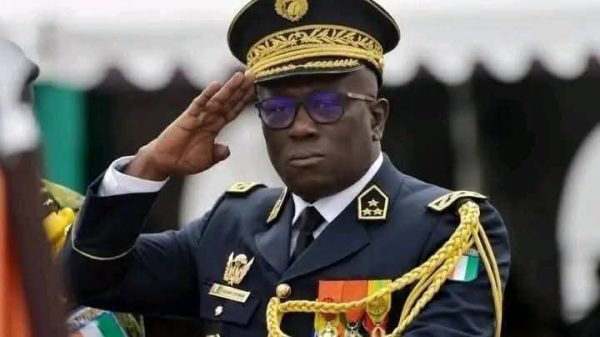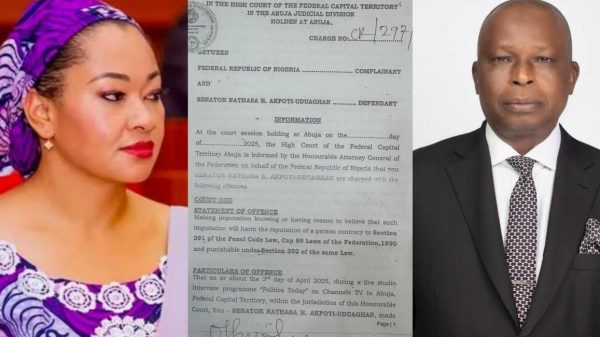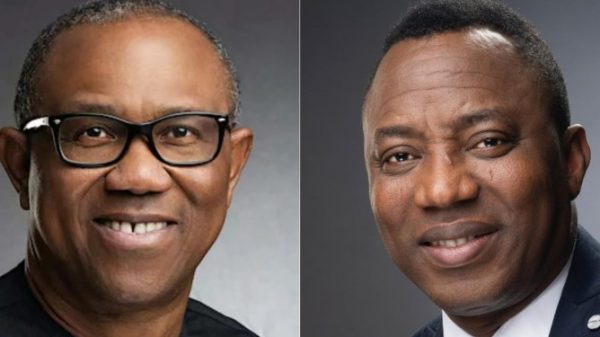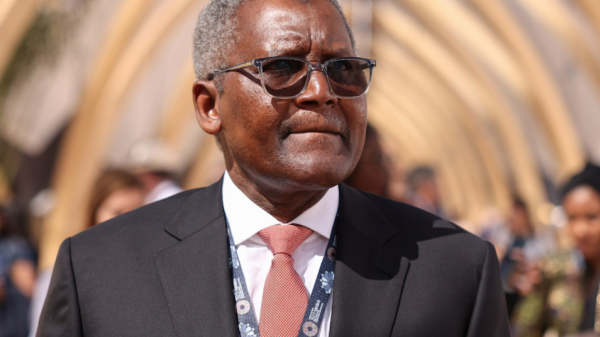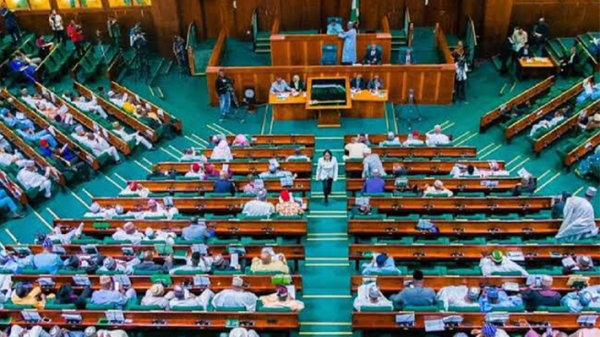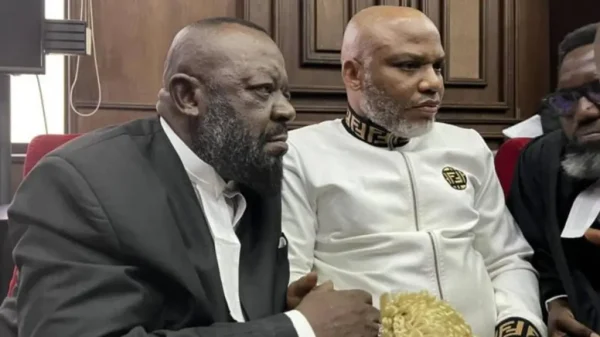President Bola Ahmed Tinubu’s recent speech addressed the #EndBadGovernance/#EndHunger protests in Nigeria, outlining economic reforms and achievements of his administration. He highlighted increased government revenues, efficient debt management, and foreign exchange obligations clearance. Efforts to attract foreign investments, support digital and creative enterprises, and initiatives like the Compressed Natural Gas program and student loans were also mentioned.
However, stakeholders have expressed mixed reactions. Some criticize the government’s accountability and effectiveness in implementing these policies. Nobel Laureate Wole Soyinka condemned the use of force against protesters, while Oby Ezekwesili described the speech as “terribly underwhelming.” Economist Muda Yusuf offered a balanced perspective, acknowledging progress in areas like fiscal consolidation and tax reform.
Despite challenges, the government has made significant progress. The Compressed Natural Gas initiative has generated over N2 trillion in monthly savings, and the student loan program has processed N45.6 billion. Support for digital and creative enterprises has secured $620 million in funding.
The success of these reforms depends on balancing economic growth with social justice and maintaining public trust. The government’s actions will be crucial in shaping Nigeria’s future. While the speech touched on critical economic issues, systemic challenges persist. Effective implementation and tangible benefits for ordinary Nigerians are crucial.


